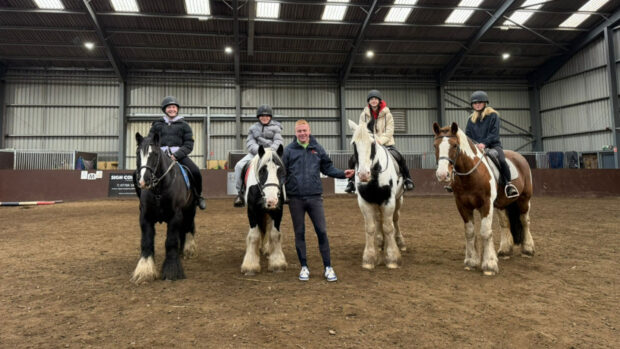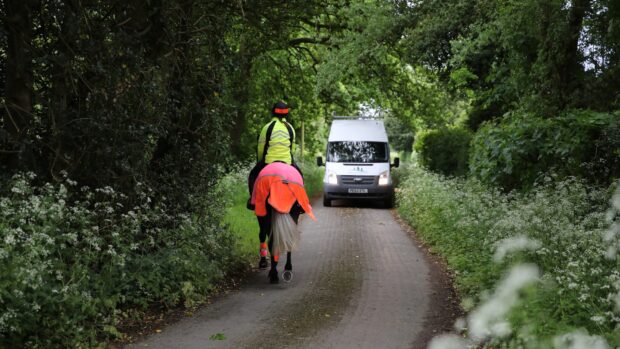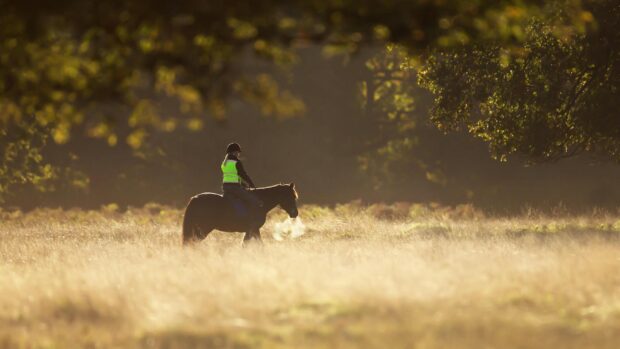The British Horse Society is to produce a “best practice” leaflet advising riding schools how they can continue to allow children to help out at weekends.
Last year, local authorities moved to crack down on children under the age of 13 helping out at riding schools — on the basis that they were being exploited as child labour.
The leaflet was just one idea mooted last week at a riding schools “think tank” day organised by the BHS and attended by owners of varied riding establishments from across the UK.
Pat Shepherd, joint-owner of Croft Equestrian Centre in Oldham, Lancashire, has devised a way of proving children are there to learn how to care for ponies, rather than as employees.
“Our local authority said we shouldn’t have helpers coming who are under 13, that we were employing them illegally and that we had to stop,” she explained. “I thought it would complicate my employer’s liability, so we banned them.
“But the parents grouped together and got local MPs involved. I rang the insurance company, which said that, provided they were training, it would be OK. Now they’re classed as ‘trainees’ and they pay £20 to join a club and help. We make a risk assessment and log all their training.”
About 40 children belong to the club and pay extra for lessons at Croft EC. Pat has around 40 horses and ponies for the riding school and 50 liveries, so she says the children’s help is invaluable.
“They are more valuable as they get older — you have to train the younger ones for a couple of years,” she added.
Speaking at the meeting, Becky Johnson, chairman of the BHS riding schools committee, said: “Children need supervision and can impede the yard — they are not used as child labour. It’s emotionally and physically beneficial for children to be out working in the open air.”
Maria Johnson from London-based Trent Park Equestrian Centre has a similar scheme running, and their plans — and thoughts of producing a leaflet to help other schools — were put to Tony Williamson, head of DEFRA’s horse team.
“What you’re planning is not avoiding the law,” said Williamson. “You’re training young children and allowing them to be on your premises without falling foul of the law.”
The think tank day was held in Saddler’s Hall, London. Led by Patrick Print, BHS chairman, it was attended by owners or managers of 25 UK riding establishments — including H&H columnist Pammy Hutton — together with representatives from the BHS, DEFRA, South Essex Insurance Brokers and a leading solicitor.
The group discussed a range of topics, from which it came up with a list of proposals on how to lobby the government about problems within the industry.
The continuing debate over how riding schools could be brought on to an equal footing with colleges was discussed, with suggestions including mandatory 12-month practical training at a riding school for students going to equestrian college, parity of funding and rates between both establishments and the removal of VAT on riding lessons.
“A full list of the proposals will be sent to all proprietors and posted on our website at the end of April,” said a BHS spokesman.
|
||
 |
||


 Get up to 19 issues FREE
Get up to 19 issues FREE TO SUBSCRIBE
TO SUBSCRIBE 


